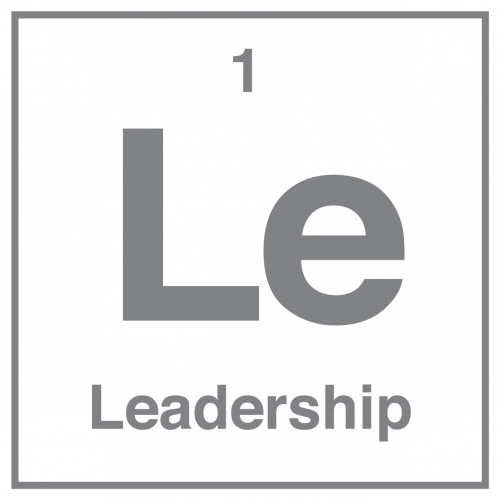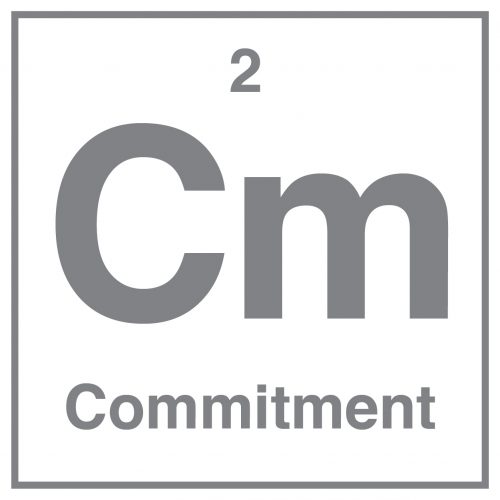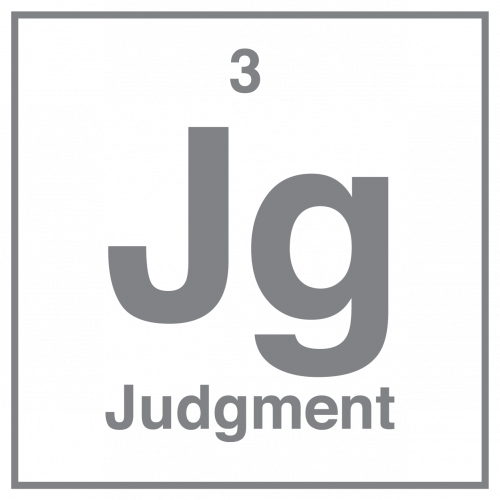“Our focus is on giving parents strong choices. We authorize strong schools that not only create a love of learning, but actually ensure students learn. If still more parents want that program, we replicate it, because that gives parents more strong choices. When schools fail to live up to their mission, they close. The Institute’s mission? #moregreatseatsforkids”
—Susie Miller Carello, Executive Director, SUNY Charter Schools Institute
What is this case study about?
This case study takes a close look at how and why the Charter Schools Institute at the State University of New York (SUNY) does its authorizing work, providing big-picture oversight to charter schools in New York. It is one of five case studies at the heart of NACSA’s groundbreaking Quality Practice Project, which explores the authorizer practices associated with high-quality charter school portfolios.
Why SUNY?
The Charter Schools Institute at SUNY is one of the top charter school authorizers in the country, based on an 11-point evaluation of school portfolio and authorizer performance outcomes. Some facts of note about SUNY:
- SUNY authorized its first charter school in 1999 and had 167 charter schools by 2016.
- SUNY’s portfolio of charter schools are fully accessible to all students including students of color, low-income students (those receiving free or reduced lunch), students with disabilities, and English language learners.
- SUNY holds its charter schools accountable for their performance: 9% of SUNY-authorized charter school have not been renewed by the SUNY Board of Trustees.
Leadership, Commitment, Judgment at SUNY
 Leadership: SUNY sent a clear message early in its existence with several high-profile closures of failing schools, which signaled it would put the interests of students above all else and that trustees and staff were serious about upholding standards. These early moves helped improve the quality of its portfolio in another way: stronger charter school operators who value tough but supportive oversight have flocked to them, while those desiring to fly under the radar or not interested in strong accountability have tended not to apply to the Institute. SUNY also shows leadership by replicating high-performing schools of all types. The Institute’s portfolio contains many independent charter schools as well as many CMOs that started with a single school. Once authorized, SUNY schools receive leeway to make changes to their educational programs without significant bureaucratic hurdles but with the explicit understanding that they will still be held accountable for measurable student achievement. SUNY strives to be a nationally recognized repository and disseminator of research, training, and best practices for charter schools, public school choice, and authorizing.
Leadership: SUNY sent a clear message early in its existence with several high-profile closures of failing schools, which signaled it would put the interests of students above all else and that trustees and staff were serious about upholding standards. These early moves helped improve the quality of its portfolio in another way: stronger charter school operators who value tough but supportive oversight have flocked to them, while those desiring to fly under the radar or not interested in strong accountability have tended not to apply to the Institute. SUNY also shows leadership by replicating high-performing schools of all types. The Institute’s portfolio contains many independent charter schools as well as many CMOs that started with a single school. Once authorized, SUNY schools receive leeway to make changes to their educational programs without significant bureaucratic hurdles but with the explicit understanding that they will still be held accountable for measurable student achievement. SUNY strives to be a nationally recognized repository and disseminator of research, training, and best practices for charter schools, public school choice, and authorizing.
 Commitment: Institutional commitment is reflected in how the Charter Schools Institute is situated within the SUNY system. Unlike many other higher education authorizers, the Institute is not a sub-unit of another department within SUNY. Institute leadership reports directly to the Charter Schools Committee, comprised of university trustees and charged with high-stakes decision making. From the Institute’s origins, the commitment to expanding quality options has been fostered by its structure of political accountability. The governor appoints SUNY’s Trustees to seven-year terms. The arrangement provides the Institute with a layer of electoral accountability, as well as some insulation from influences and agendas unrelated to the Institute’s mission. This political independence gives the organization an important nimbleness in its operations and decisions.
Commitment: Institutional commitment is reflected in how the Charter Schools Institute is situated within the SUNY system. Unlike many other higher education authorizers, the Institute is not a sub-unit of another department within SUNY. Institute leadership reports directly to the Charter Schools Committee, comprised of university trustees and charged with high-stakes decision making. From the Institute’s origins, the commitment to expanding quality options has been fostered by its structure of political accountability. The governor appoints SUNY’s Trustees to seven-year terms. The arrangement provides the Institute with a layer of electoral accountability, as well as some insulation from influences and agendas unrelated to the Institute’s mission. This political independence gives the organization an important nimbleness in its operations and decisions.
 Judgment: SUNY has some of the best-developed charter oversight architecture of any authorizer in the country, and many of its systems have been used by other authorizers. But it also has to make tough decisions. The Institute has built judgment capital through explicit efforts to develop the professional expertise of its staff, complemented by a fairly long average staff tenure, at the time of the study. Part of the onboarding process is giving new staff an opportunity to work in all phases of authorizing. Among the key tenets of that system are cross-function training. Staff strongly believe that new hires need to have more than just knowledge of their job and responsibilities. It is equally important for staff to understand how their role fits into the larger authorizing functions. Staff accomplish that goal by actually doing parts of the work of other teams and positions. SUNY also has a deep commitment to staff professional development, sending staff to national conferences related to charter schools and other educational areas.
Judgment: SUNY has some of the best-developed charter oversight architecture of any authorizer in the country, and many of its systems have been used by other authorizers. But it also has to make tough decisions. The Institute has built judgment capital through explicit efforts to develop the professional expertise of its staff, complemented by a fairly long average staff tenure, at the time of the study. Part of the onboarding process is giving new staff an opportunity to work in all phases of authorizing. Among the key tenets of that system are cross-function training. Staff strongly believe that new hires need to have more than just knowledge of their job and responsibilities. It is equally important for staff to understand how their role fits into the larger authorizing functions. Staff accomplish that goal by actually doing parts of the work of other teams and positions. SUNY also has a deep commitment to staff professional development, sending staff to national conferences related to charter schools and other educational areas.
Who does this impact?
More than 80% of SUNY’s charter schools provide measurably stronger educational choices than the districts in which they are located. SUNY proudly points to college acceptance videos, get out the vote flash mobs, modern day Shakespeare music videos, chess champions, culinary programs, community organizing, disaster relief—in addition to academic success—as some of the results SUNY-authorized charters produce for children. SUNY also offers strong parent interest as another proof point: 100,000 parents a year apply to SUNY-authorized charters.
Where can I learn more?
Read more about SUNY’s practices in the full case study, available via PDF below.